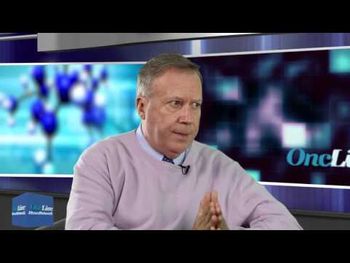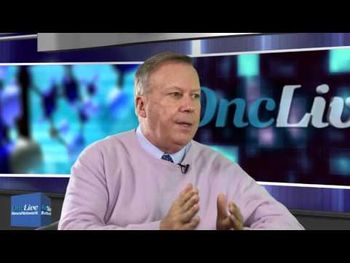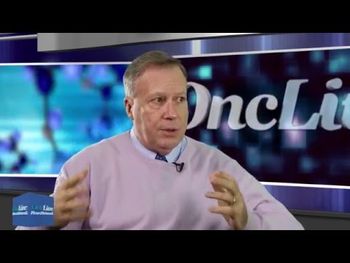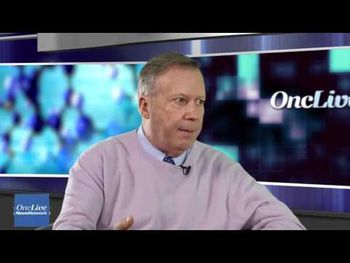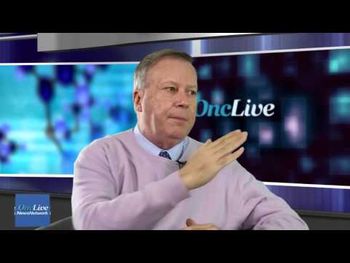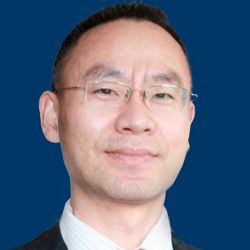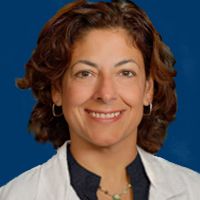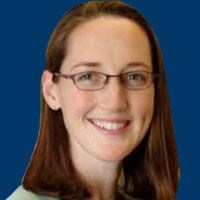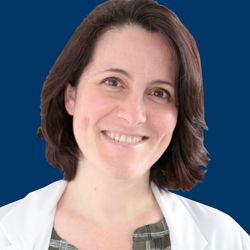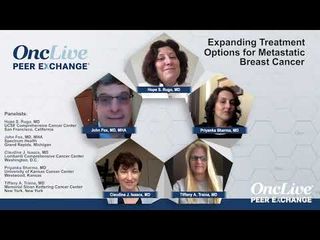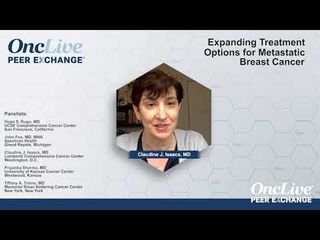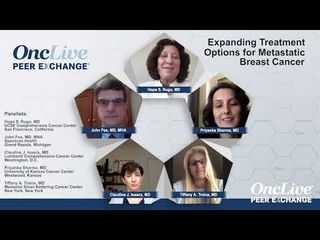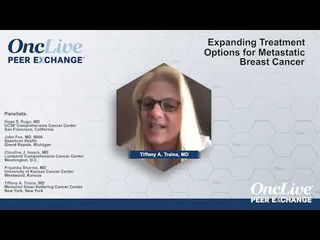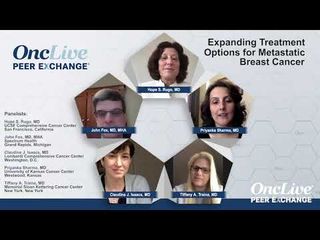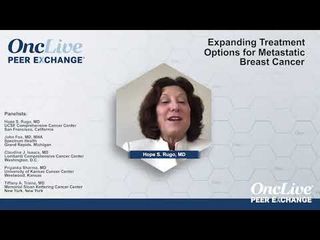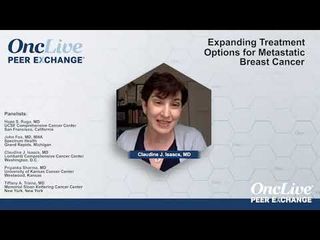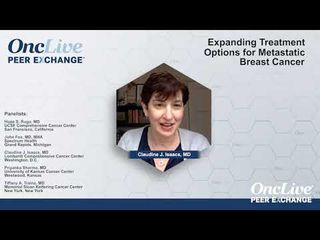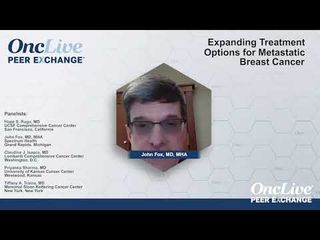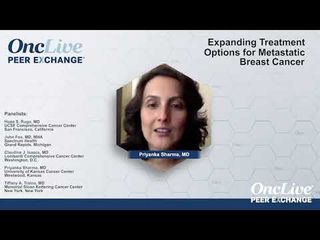
Breast Cancer
Latest News
Latest Videos

CME Content
More News
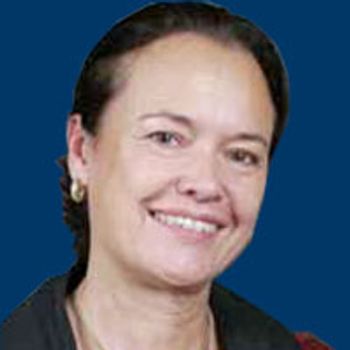
A 70-gene signature (MammaPrint) demonstrated a high level of accuracy at identifying a large subset of women with clinically high-risk early stage breast cancer for whom adjuvant chemotherapy was unlikely to produce benefit.
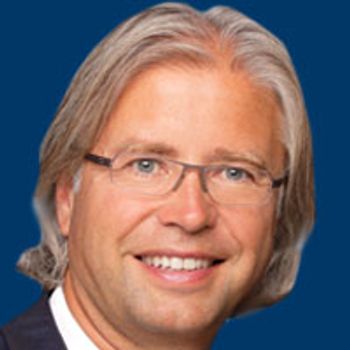
Early intervention has increasingly become the new standard of care for many patients with breast cancer, with an ever-growing collection of phase III trials currently exploring several novel or improved approaches.
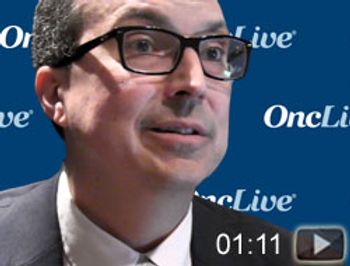
Charles M. Perou, PhD, May Goldman Shaw Distinguished Professor of Molecular Oncology, professor of Genetics, and Pathology and Laboratory Medicine, Lineberger Comprehensive Cancer Center, University of North Carolina School of Medicine, discusses the biomarker assay results as described in the ASCO breast cancer guideline.
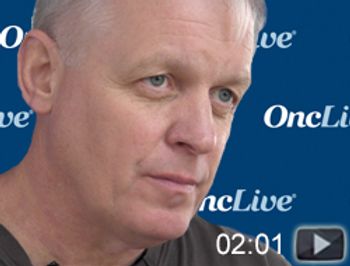
William Gradishar, MD, Betsy Bramsen Professorship of Breast Oncology, Professor in Medicine-Hematology/Oncology, Northwestern University Feinberg School of Medicine, discusses changes to the NCCN Breast Cancer Guidelines.
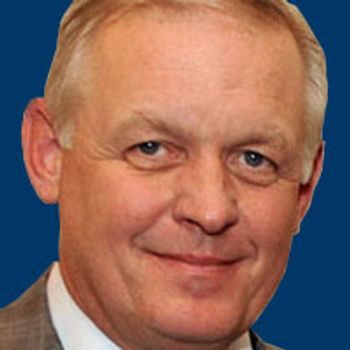
At the 2016 NCCN Annual Conference, William J. Gradishar, MD, discussed updates to the NCCN Breast Cancer Guideline and the latest research developments in the field.

Kilian Salerno, MD, director of Breast Radiation and Soft Tissue/Melanoma Radiation, Roswell Park Cancer Institute, discusses hypofractionated radiotherapy for the treatment of patients with early-stage breast cancer.

Puma Biotechnology announced that it plans to delay the submission of a new drug application until mid-2016 for neratinib as an extended adjuvant treatment for patients with HER2-positive early breast cancer following a trastuzumab-based regimen.
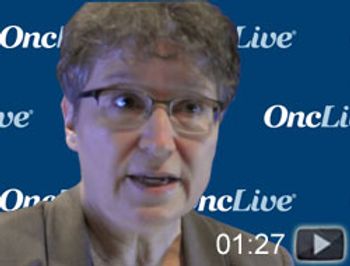
Kimberly J. Van Zee, MD, surgical oncologist, Memorial Sloan Kettering Cancer Center, discusses nomograms as a tool to determine the risk of recurrence for patients with ductal carcinoma in situ (DCIS).

Erika P. Hamilton, MD, discusses the significance of these trials and the impact ONT-380 may have on the treatment paradigm of HER2-positive breast cancer.
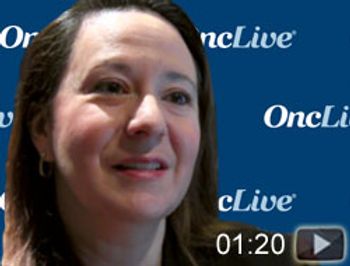
Judy C. Boughey, MD, chair, Division of Surgery Research, Mayo Clinic, discusses the surgical approach for patients with HER2-positive breast cancer.
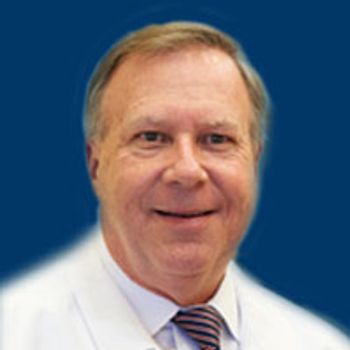
Experts debated whether platinum-based or other additional systemic agents be used in high-risk triple-negative breast cancer, as well as other treatment discussions in breast cancer.
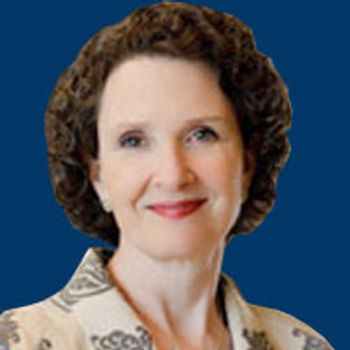
Joyce O’Shaughnessy, MD, discusses how four agents—palbociclib (Ibrance), pembrolizumab (Keytruda), abemaciclib (LY2835219), and buparlisib (BKM120)—are worth examining in estrogen receptor-positive breast cancer.
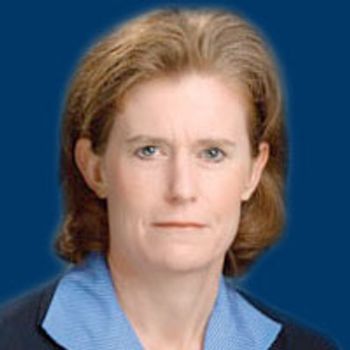
Elizabeth Mittendorf, MD, PhD, discusses checkpoint inhibition studies in triple-negative breast cancer, potential ways to make other subtypes more immunogenic to improve response, the role of PD-1, and what’s next in the field of immunotherapy in breast cancer.

The accumulation of evidence supporting a regimen of anthracycline and taxanes for breast cancer has led some oncologists to argue for the establishment of a standard treatment plan that deemphasizes or eliminates alternative options.
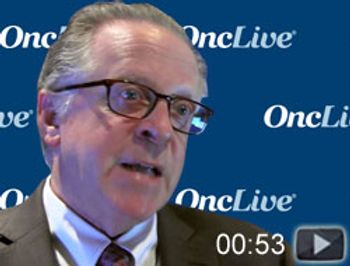
Andrew D. Seidman, MD, medical oncologist, Memorial Sloan Kettering Cancer Center, discusses the label indication for ixabepilone (Ixempra) for the treatment of patients with aggressive breast cancer.
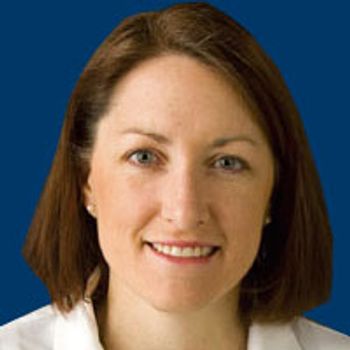
A study involving nearly 30,000 patients diagnosed with early-stage breast cancer has found that up to 60% of these women received imaging tests such as CT, bone, and PET scans that were not medically justified, contrary to national guidelines.
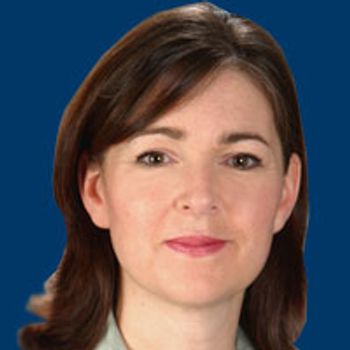
Constance D. Lehman, MD, PhD, explains how tomosynthesis, otherwise known as 3D mammography, is already recognized as the new standard of care in terms of breast cancer screening.
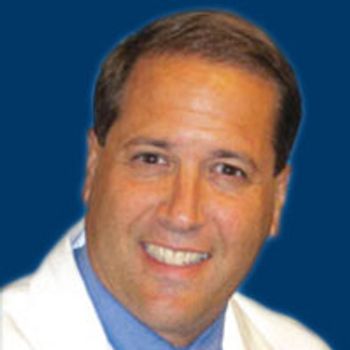
The antibody–drug conjugate sacituzumab govitecan (IMMU-132) received a breakthrough therapy designation based on phase II trial data showing a response rate of 31% in heavily pretreated patients with metastatic TNBC. However, treatment advances are lagging behind those seen in other breast cancer phenotypes.

Elizabeth A. Mittendorf, MD, PhD, discusses nelipepimut-S (NeuVax), a peptide derived from HER2 protein combined with granulocyte-macrophage colonystimulating factor that is currently being investigated as a single-agent, in combination with standard-of-care therapies, and in multiple settings and subtypes of breast cancer.

Gunter von Minckwitz, MD, director of the German Breast Group Research Institute, discusses lessons learned from clinical trials examining neoadjuvant therapies in patients with breast cancer.
